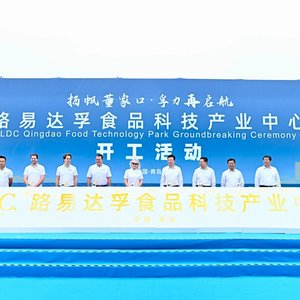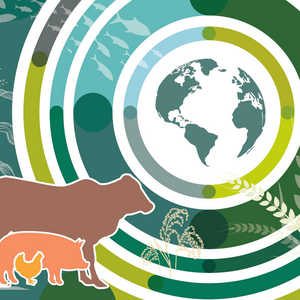SFP has announced the launch of a Southeast Asia Fishery Improvement Project (FIP) aimed at improving the fisheries that supply fishmeal to aquaculture feeds in Asia. The announcement was made at a meeting of the Asia Sustainable Fishmeal Roundtable in Bangkok.
The FIP will consist of four separate projects, two in Vietnam and two in Thailand. The Vietnamese FIPs are based in Ben Tre and Kien Giang, the two projects in Thailand will be announced later in the year. The projects will consist of groups of industry and government stakeholders that will:
1. Assess the improvement needs of the fisheries
2. Create work plans to meet the needs of the fisheries
3. Measure progress against work plans over time
4. Publicly report on progress
It is likely that the most pressing improvement needs at the start of the project will be generating data concerning the state of fish stocks, volumes of fish landings, bycatch issues and establishing other important facts about the fisheries. The project will be closely coordinated with the work of the UN Food and Agriculture Organization that is conducting a program of work on reducing the by-catch of juvenile fish in trawl fisheries in South East Asia (called the REBYCII program).
The project is being actively supported by companies within the supply chain for farmed seafood including retailers, processors, aquaculture producers and feed manufacturers. These companies include: Aldi, Asda Walmart, Coop, Lyons, Marks & Spencers, Morrisons, Sainsbury, Seachill Icelandic and Thai Union,
Companies that are supporting SFP in this work have committed to:
- Ask suppliers of aquaculture products to identify the species of fish used in feeds along with locations where the fish were caught.
- Actively communicate throughout the supply chain the need for fishmeal used in aquaculture feed to be derived from sustainable sources
- Give direct support to Fishery Improvement Projects that have been created to improve fisheries that generate fishmeal for aquaculture feeds
Commenting on the launch of the project, Duncan Leadbitter, Technical Director for the Sustainable Fisheries Partnership, said:
“The sustainability of aquaculture is crucially dependent on the good management of fisheries that provide fishmeal for feed. This project is intended to work with South East Asian fisheries that catch many species in trawling gear and have challenges that need to be resolved. One common ambition will be to reduce the number of juvenile fish that are caught in the nets because this reduces the potential catch in future years.”
He continued: “It is really exciting that we have the whole supply chain mobilised to tackle this issue – retailers, processors and producers from Asia, Europe and the United States. Given the very high level of industry support for this work I think we can be confident of making progress over the next five years.”










